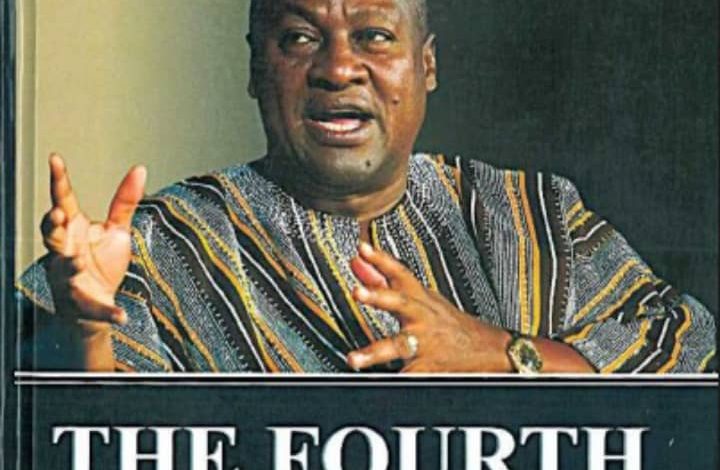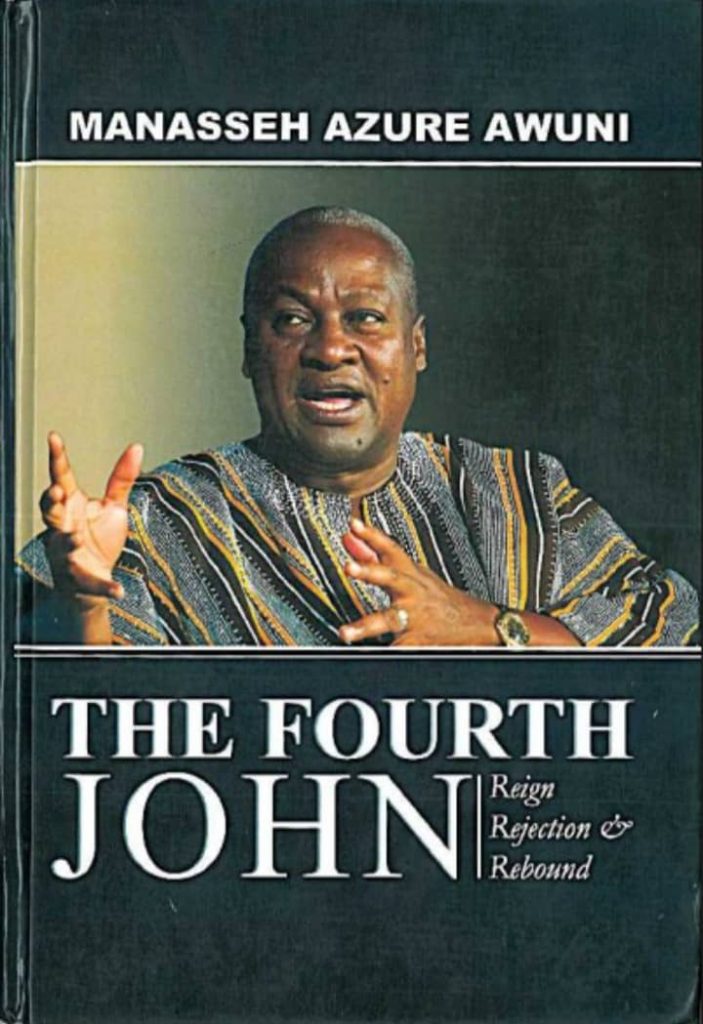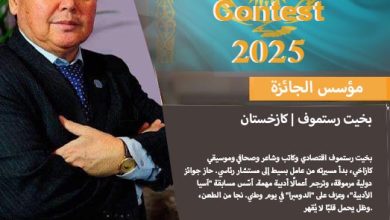BOOK REVIEW | THE REBOUND OF JOHN MAHAMA
By Dr. Wale Okediran, Secretary General, Pan African Writers Association (PAWA)

 In about 400 magisterial pages, Manasseh Azure Awuni, ‘ a freelance investigative Ghanaian journalist whose ground-breaking stories have resulted in the shaping of policies in Ghana among other things’ gives a gripping account of an important period in the history of Ghana through the story of an important Ghanaian political actor.
In about 400 magisterial pages, Manasseh Azure Awuni, ‘ a freelance investigative Ghanaian journalist whose ground-breaking stories have resulted in the shaping of policies in Ghana among other things’ gives a gripping account of an important period in the history of Ghana through the story of an important Ghanaian political actor.
Timely, compelling and illuminating in equal measure, the book which scrutinizes the life and legacy of the current Ghanaian leader, President John Mahama, also confronts the typical problems of African politics and politicians.
According to Awuni, the book is not a work of fiction. However, as he put it; ‘’it has all the makings of fiction, except in this case, the writer has no control over either the selection and conduct of the characters or how the drama unfolds’’.
Written with passion and literary expertise, the author grabs readers by the elbows and propels them with gripping humor, excellent narrative and occasional brutal candor through this voluminous, educative and ambitious book made up of six parts and thirty-three chapters.
Born on 29 November 1958, John Dramani Mahama who is currently serving as the 14th President of Ghana since 7 January 2025 previously served as the 12th President from 2012 to 2017 and as the fifth vice president from January 2009 to July 2012.
He took office as President for the first time on 24 July 2012, following the death of his predecessor, John Atta Mills. With this, he became the first Ghanaian President to have served at all levels of political office (Ghanaian and Pan-African MP, Deputy Minister, Minister, Vice-President and President).
According to the author, the book’s title; THE FOURTH JOHN came from the fact that John Mahama came after three other ‘Johns’ as Ghanaian President; John Rawlings, John Kuffour and John Mills.
In relating the remarkable story of an extraordinary man, warts and all, Awuni relished his readers with bold, humorous and poignant episodes in the life of his subject.
For example, even though the state-owned Daily Graphic newspaper in one of its headlines quoted the President’s family as advising him not to run for the 2020 election, the pressure from his party members to contest the election was real.
However, in making the ultimate decision to run, John Mahama’s concluding paragraph of his own book; ‘’My First Coup D’etat’’ was quoted on page 353 of THE FOURTH JOHN; ‘’All the decisions I have made in my life were regularly plagued with doubt. What I have learned from my experiences is that the possibility of danger lurks at the very edge of all of life’s decisions. So too does the potential for the most exhilarating ride of your life’’.
As Awuni’s book moved steadily over the Ghanaian political landscape collecting anecdotes, African proverbs, political nuances and peccadillos, the constant throbbing fascination for me as a former Nigerian MP and government official was the shock of recognition and a feeling of déjà vu in the fascinating narrative.
With the refrains of ‘ethnicity and regional balancing of appointments’, ‘juicy political offices versus non juicy ones’, ‘the use of technocrats for political appointments as against politicians’ as well as the nagging issues of the constitutional roles of a Vice President and the President’s spouse among others, the book could well be about the politics of Nigeria or of any other African country for that matter.
Although the author gave no certain answers to some of the issues raised in the book, however, an implicit lesson runs throughout the book ..defending toleration is not leadership, and that persistence is doing a task that never ends and readiness is to start again.
As Calvin Coolidge, the 30th US President once observed: “Nothing in this world can take the place of persistence.”
Although President John Mahama faced some of the same challenges as many African political leaders did, his second coming as President has given him a chance to redress these problems as best as he could.
Thoroughly documented, well written, courageous and provocative, this is a timely book that bridges the gap between an African leader’s rich political background and a challenging future that requires a lot of innovation and creativity.
Weaving desires, dreams and personal memories into this awesome political narrative, Manasseh Azure Awuni succeeds admirably in making silences speak and fragments coalesce in a fine example of creative non-fiction.
The book is very relevant to political life in Africa and deserves to be better known.



